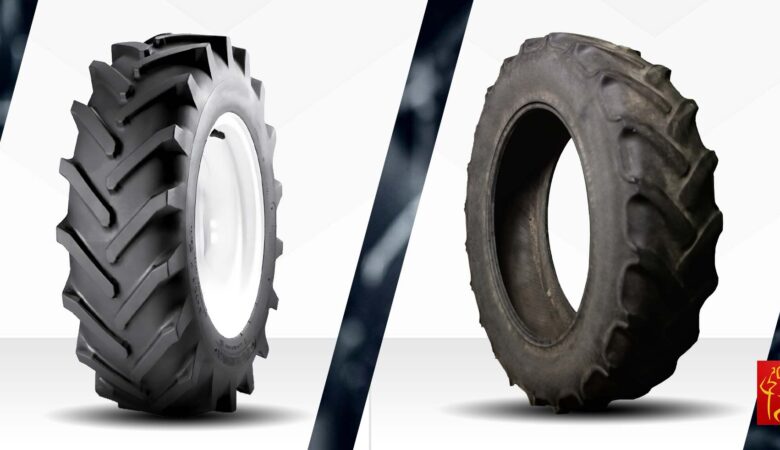In marketing moisture testers to our agricultural customers, we frequently talk about controlling moisture content in baled hay so as to prevent spoilage that leads to crop loss. The point here is obvious. Farmers lose money on every pound of hay lost to spoilage. But did you know that hay moisture content is just as important to the cattle that will feed on that baled hay?

Moisture does funny things to baled hay. A bale has to have at least some moisture content, otherwise the crop dries out and goes bad. But too much moisture can promote the growth of all sorts of microbes that could be detrimental to cattle health. Excess moisture can also lead to spontaneous combustion during prolonged periods of winter storage.
The long and short of it is that farmers and ranchers have to control moisture levels in stored hay. One of the best ways to do that is with regular testing using a high-quality moisture tester like the ones we sell. If moisture levels are too high, the farmer or rancher needs to take action to start drying the bales.
Moisture Makes Hay Unappetizing
Ranchers and dairy farmers tend to be very particular about the feed they buy. They know a secret that hay producers may not be familiar with: cattle are not necessarily willing to eat anything. In fact, feed that has been exposed to excessive moisture can be unappetizing to both beef and dairy cattle.
Excessive moisture can reduce the protein content of hay. It can also make it more difficult to digest. Cattle being fed hay that has been exposed to too much moisture may develop digestive tract issues, causing them to eat less than they should. It is a lot like a person finding food unappetizing because of an upset stomach.
Some estimates suggest that feed intake can be reduced by half a pound or more per day if cattle find hay unappetizing. While such estimates have never been proved, anecdotal evidence does indicate that cattle eat less when they do not like their feed.
Fungi and Their Mycotoxins
Fungi and the mycotoxins they produce are yet another reason to continually test hay moisture levels with a reliable moisture tester. There are literally dozens of different fungi that can grow inside bales of already harvested hay. Fungal growth is especially problematic when hay is exposed to cool, damp conditions during flowering.
Following such conditions, growers have to be especially diligent about moisture when it comes time to harvest and baling. Otherwise, fungal growth produces mycotoxins that can lead to a litany of problems for cattle, including:
-refusal of feed
-digestive tract issues
-respiratory illnesses
-hoof disease
-death.
Some strains of fungus also produce alkaloids that are problematic for cattle. Some of those alkaloids can cause infertility and hoof disease. Farmers in North America have nearly 4-dozen alkaloids to worry about.
Moisture Levels Are No Laughing Matter
As you can see, moisture levels in stored hay have to be kept in check. They are no laughing matter. Hay producers certainly do not want to lose money to spoilage, so they keep track of moisture levels as best they can. Ranchers and dairy farmers do not want spoilage to lead to sickness and disease in their animals, so they keep an eye on hay moisture levels in every pound of feed they buy.
Here at Mytee Products, we have what you need to keep stored hay at the right moisture level. In addition to moisture testers, we also carry hay tarps and temporary hay storage structures.











